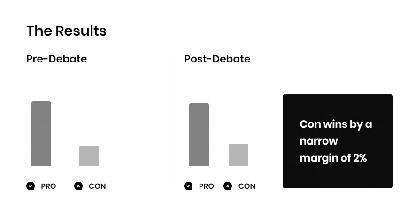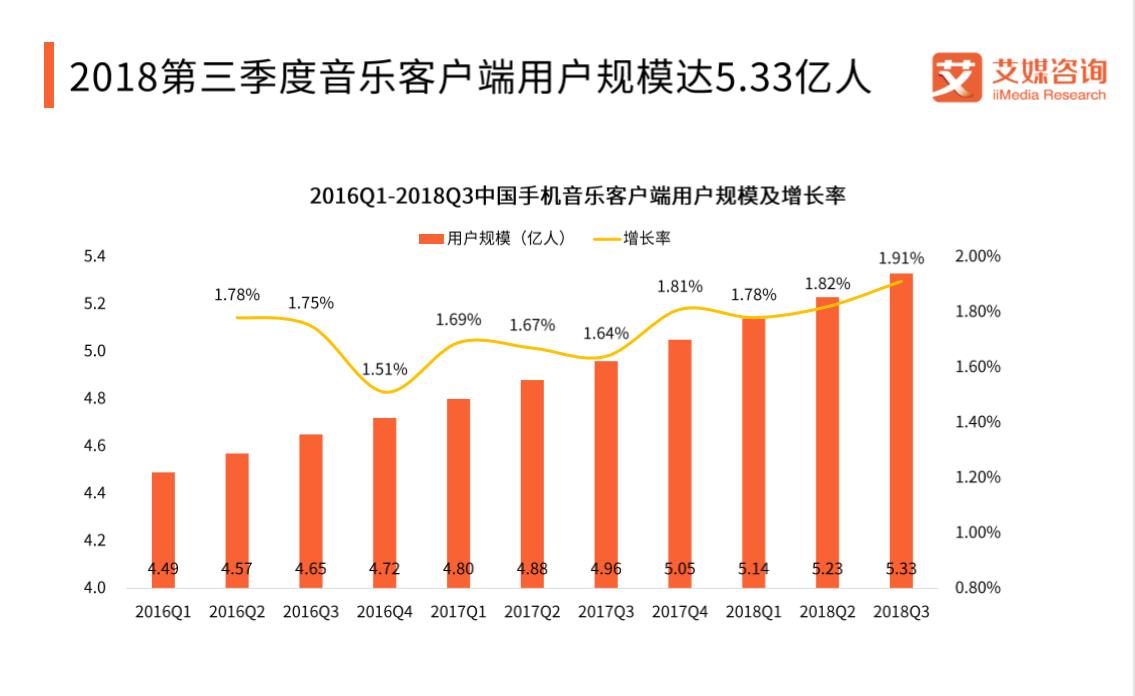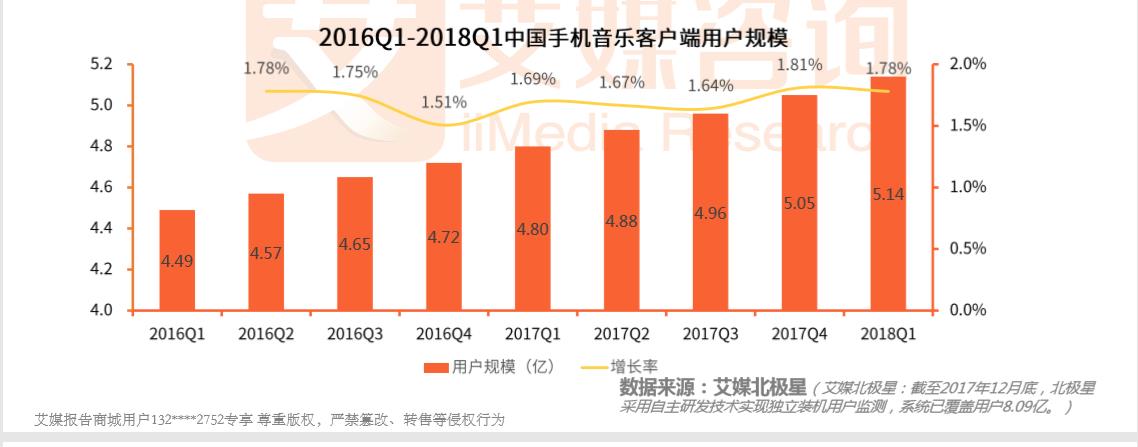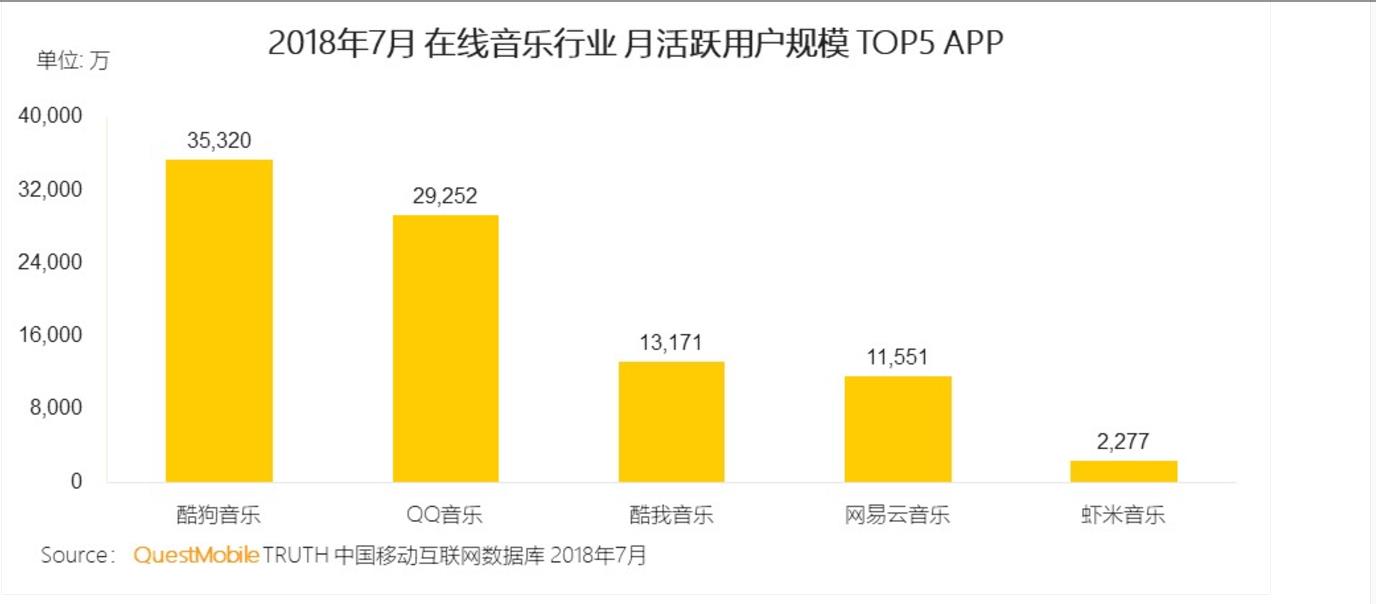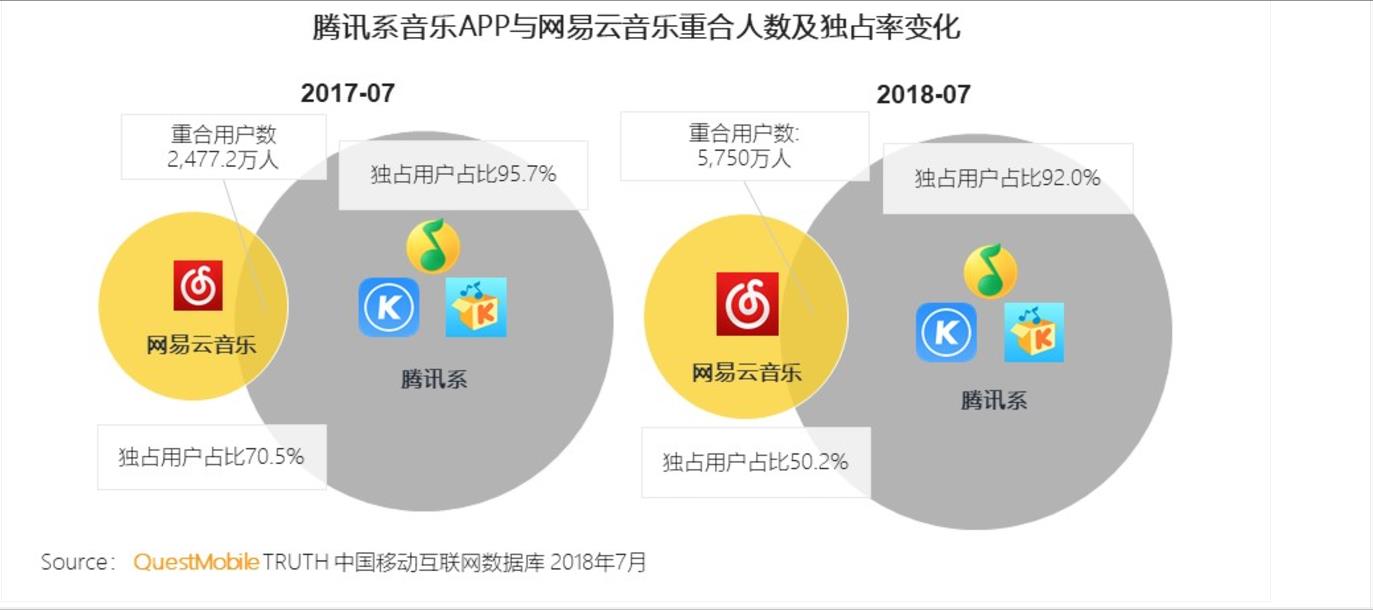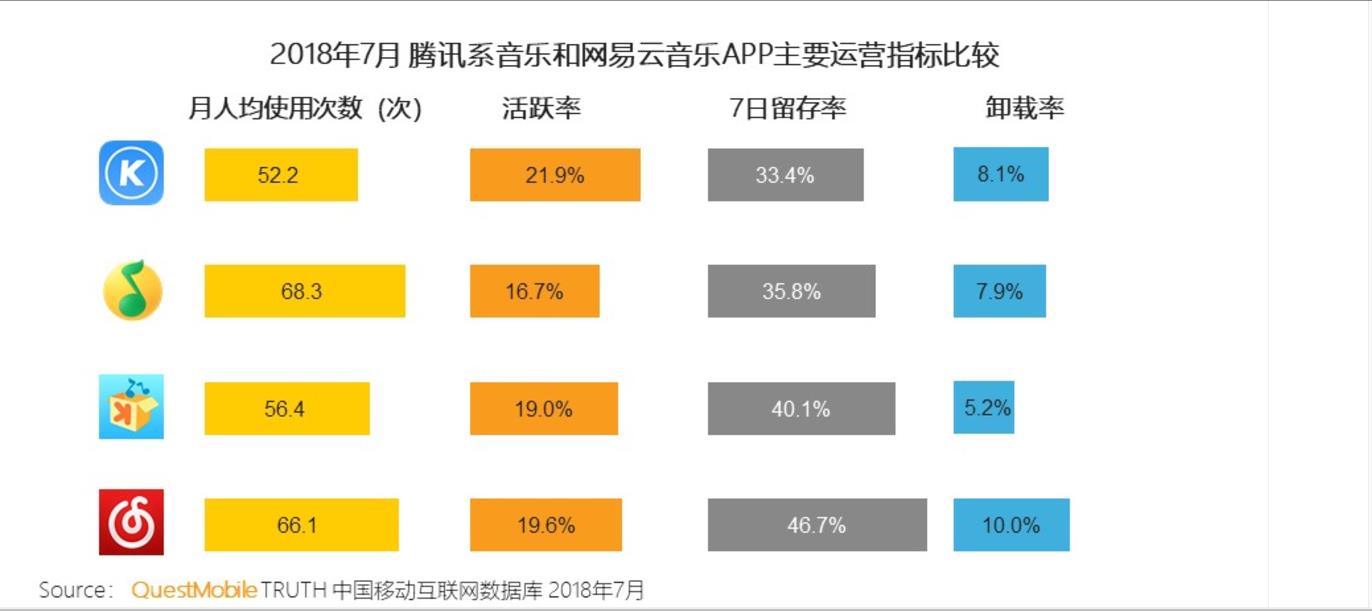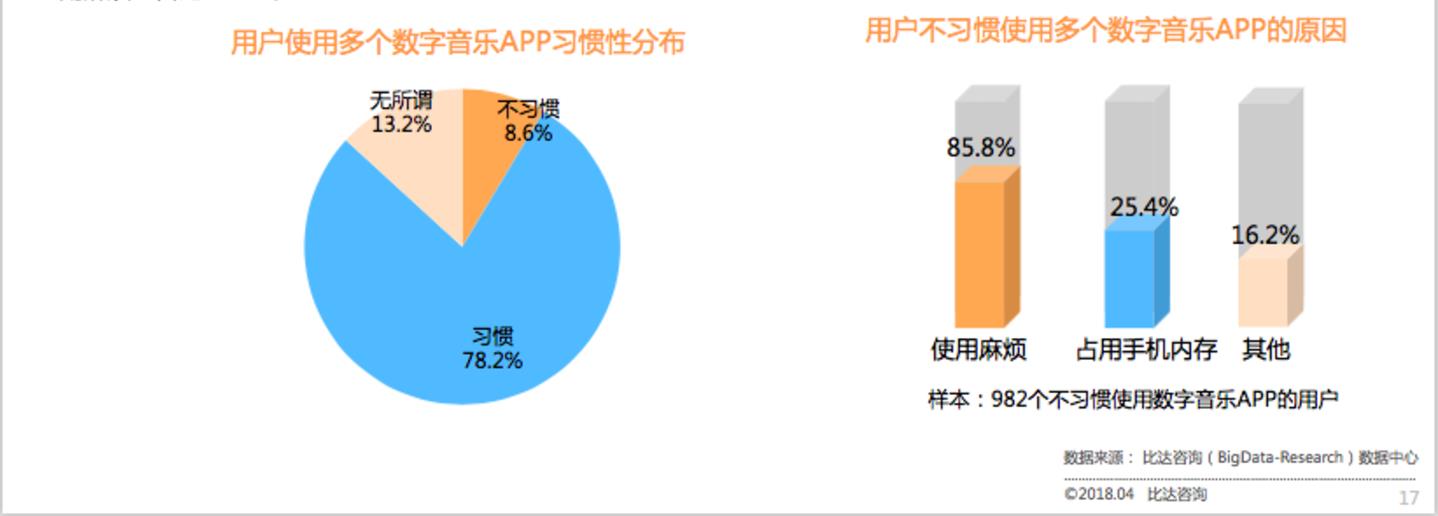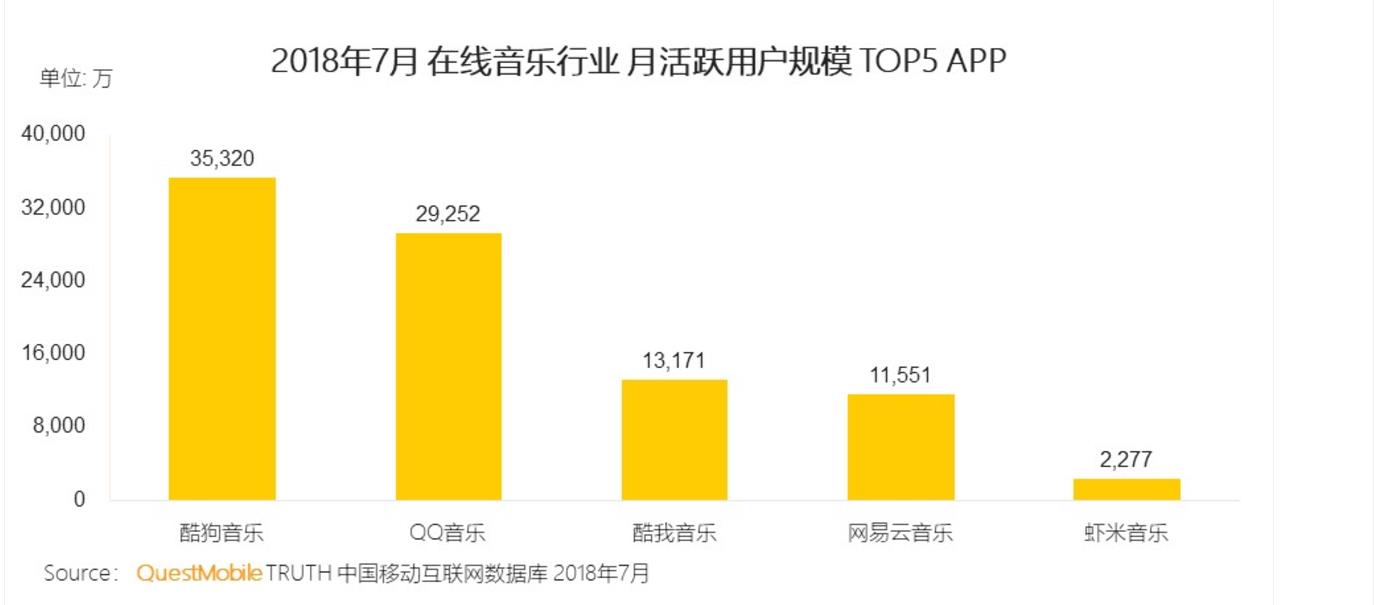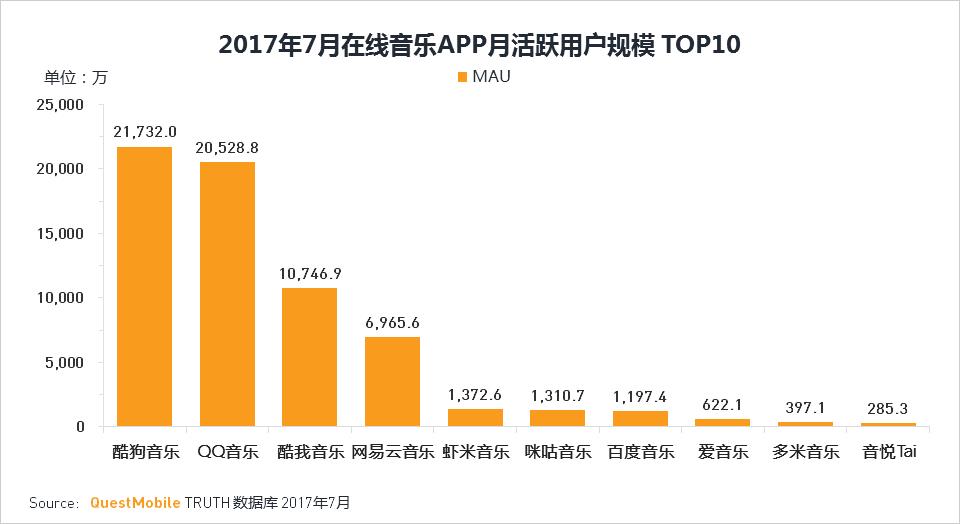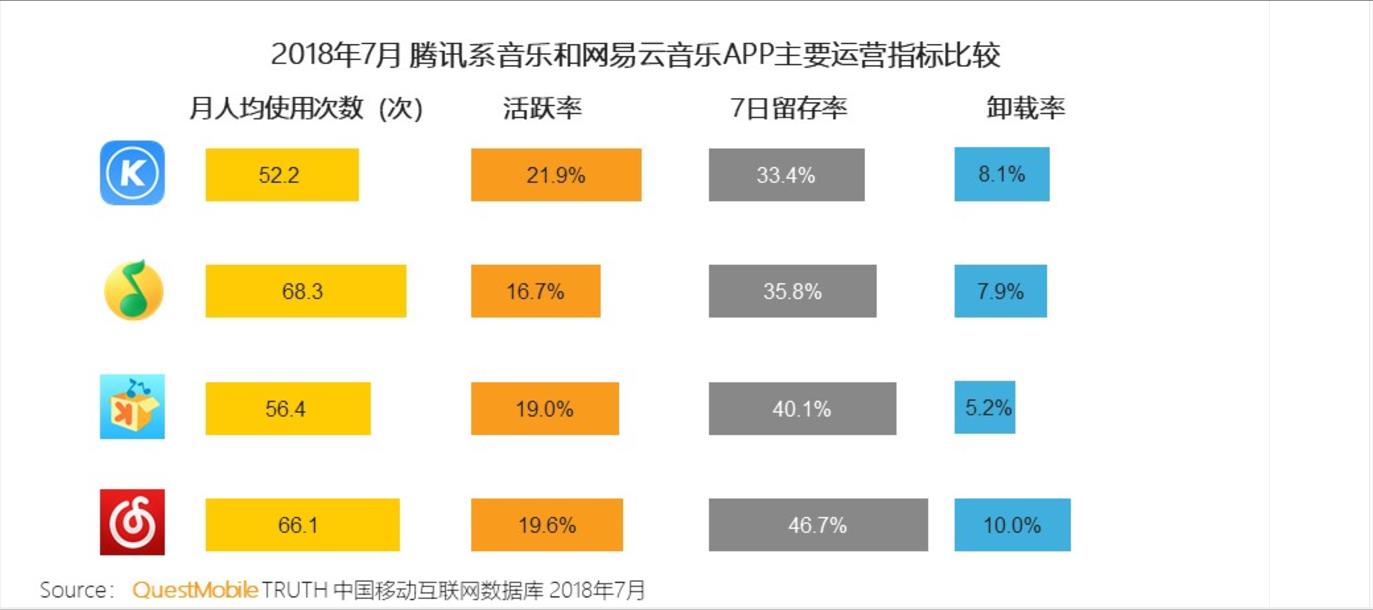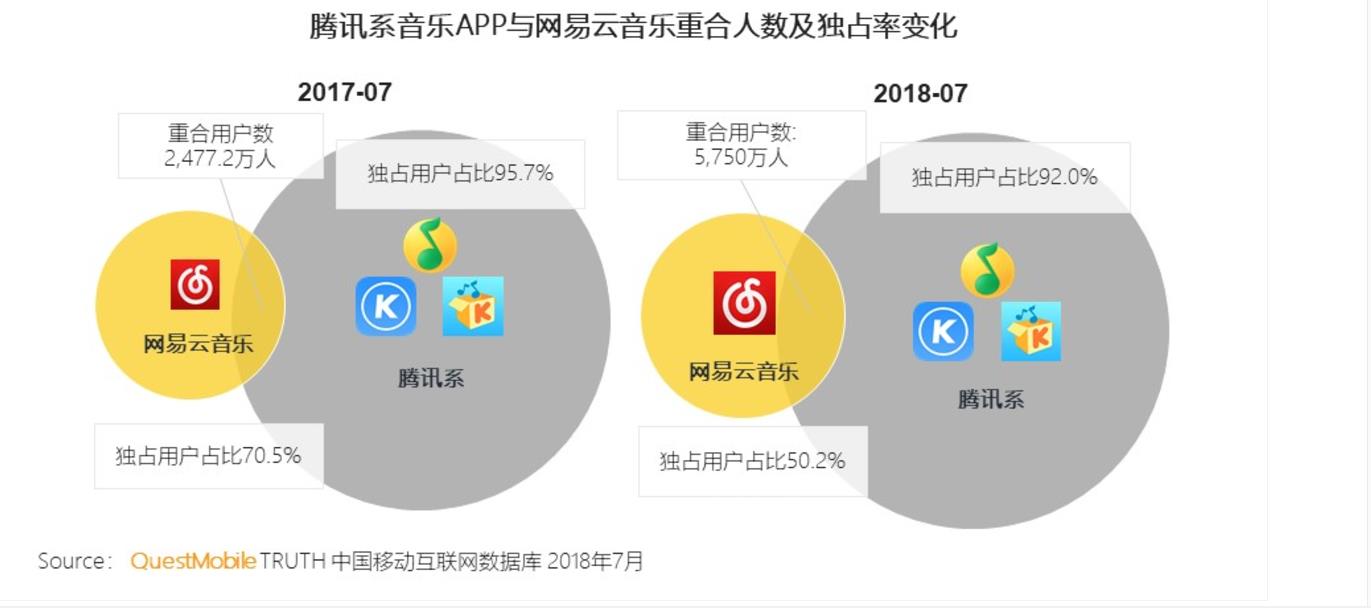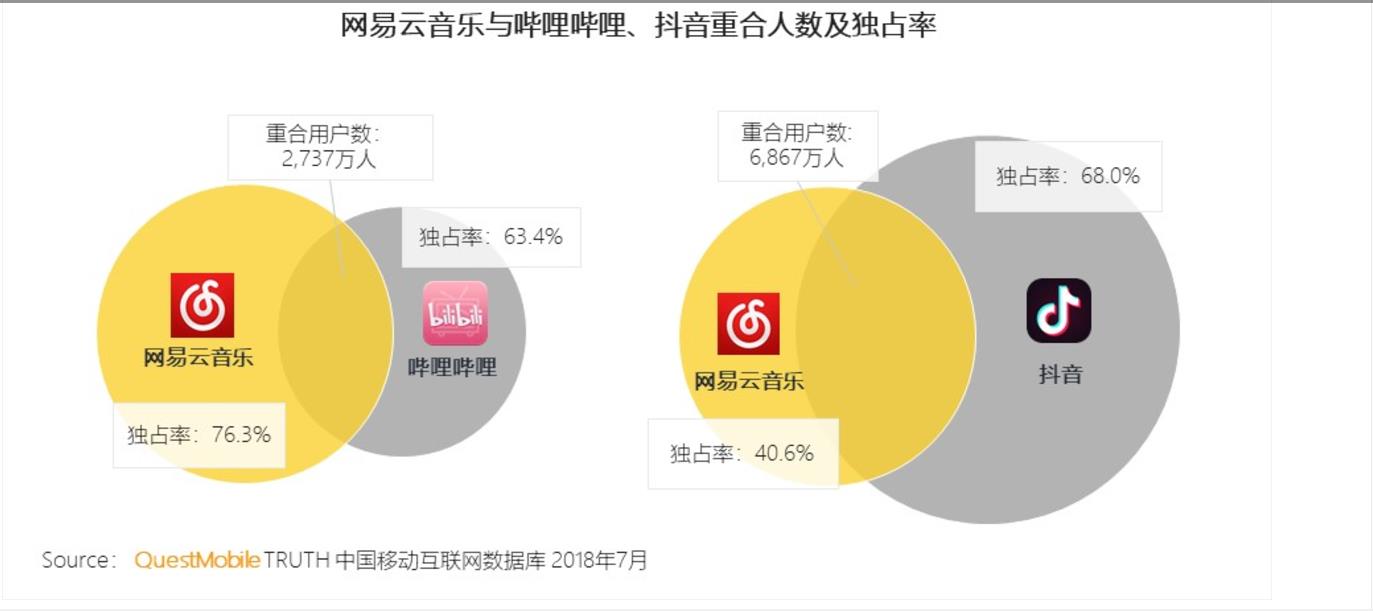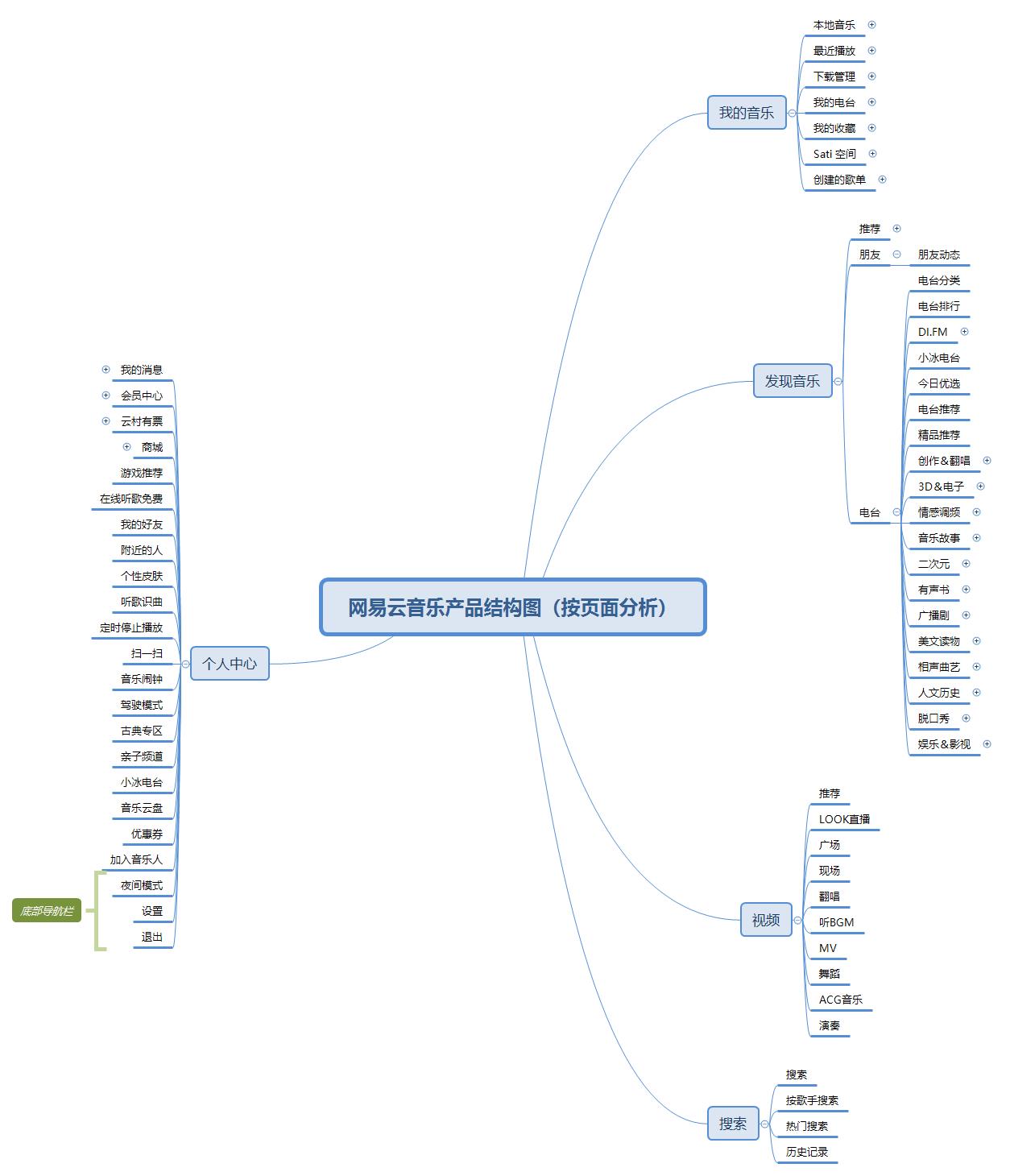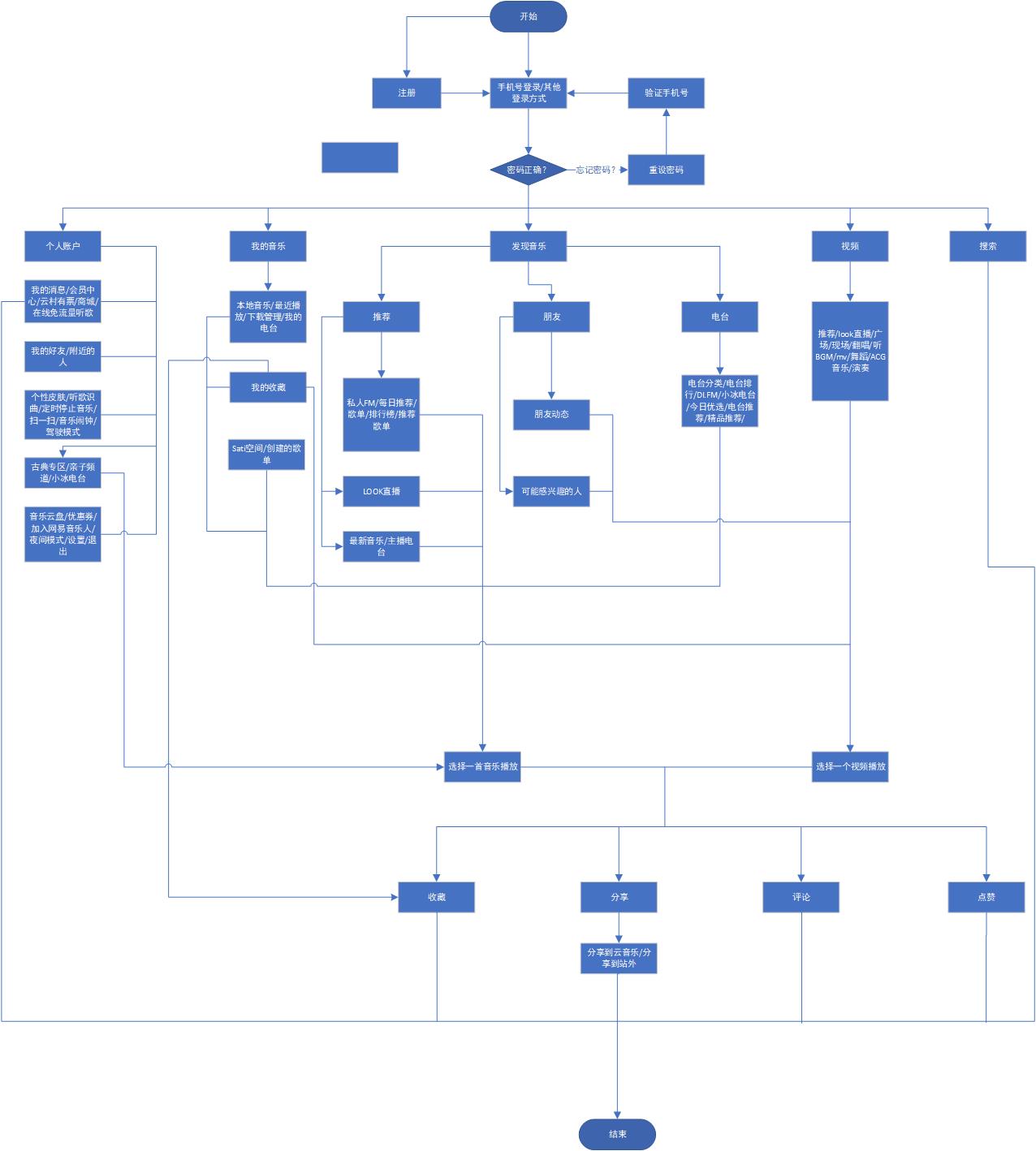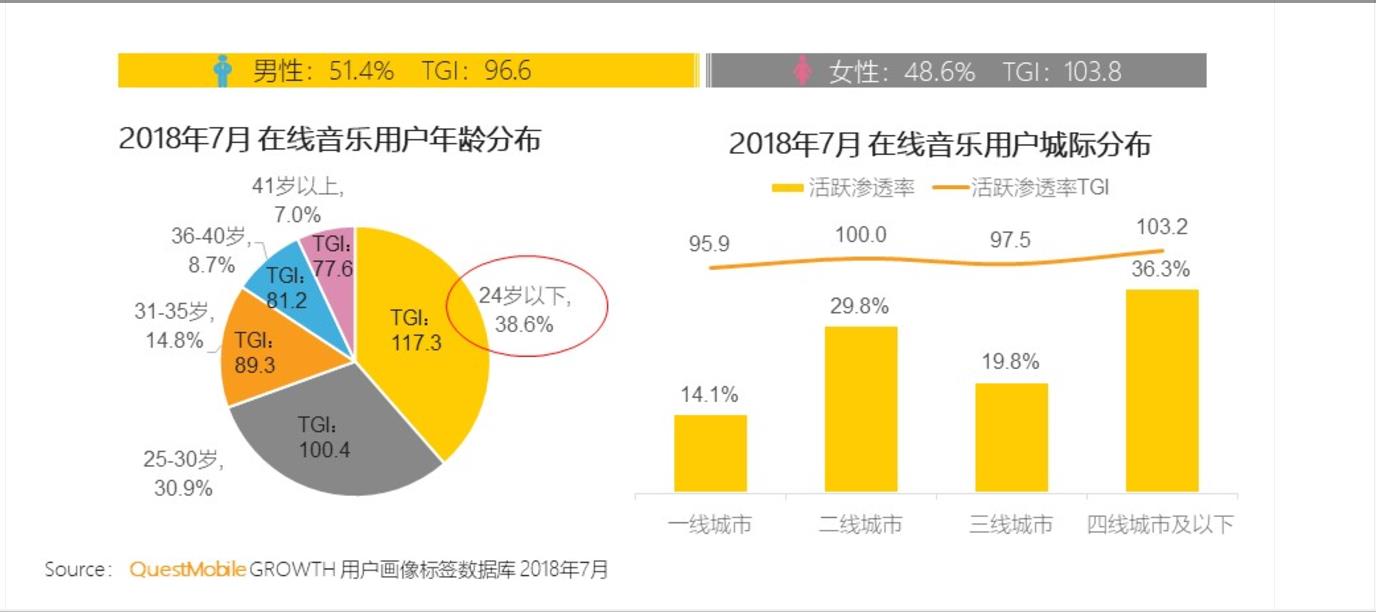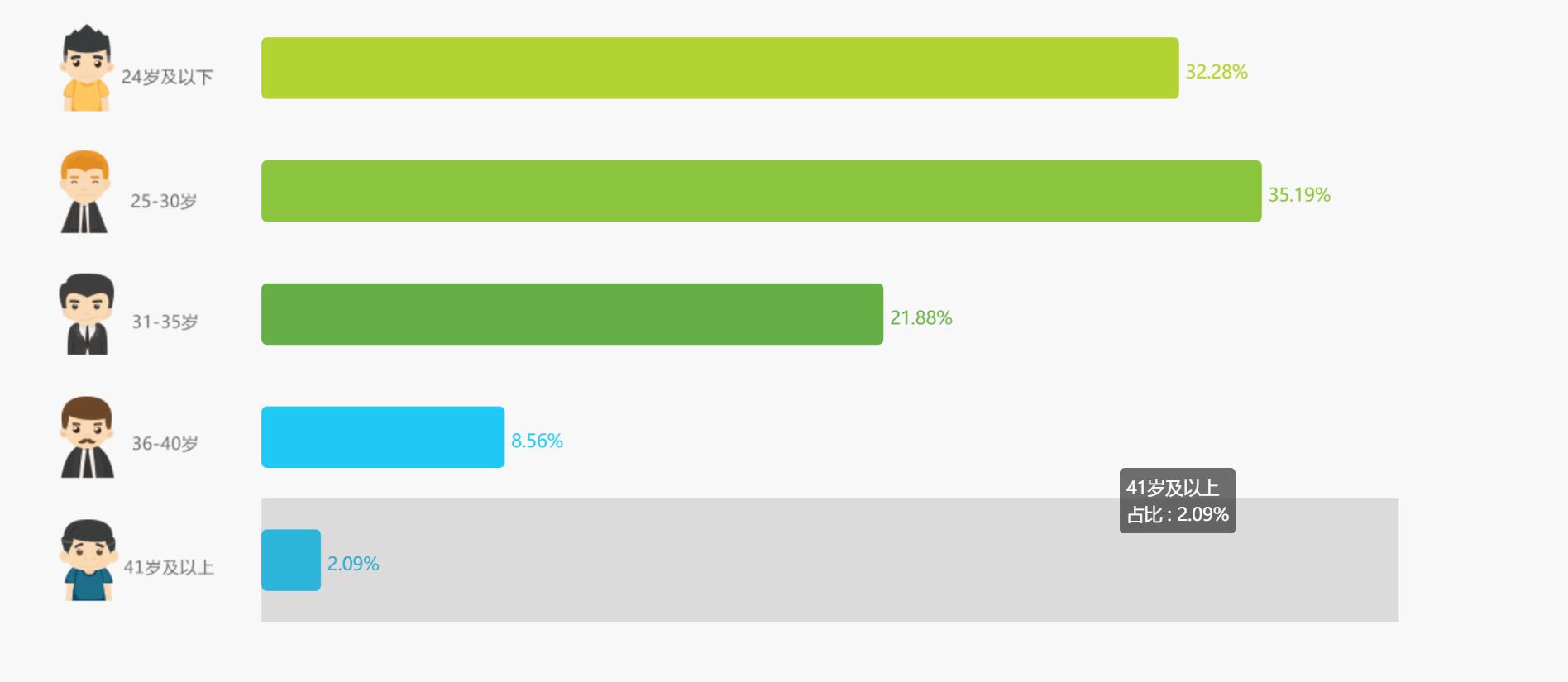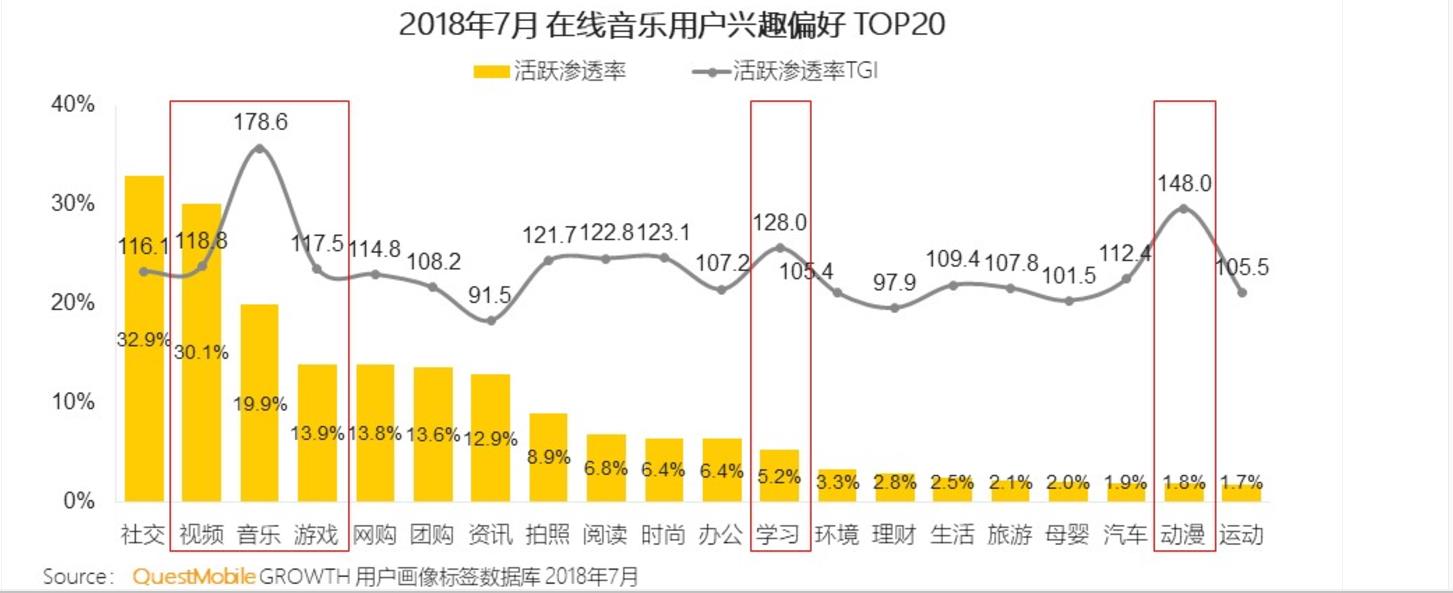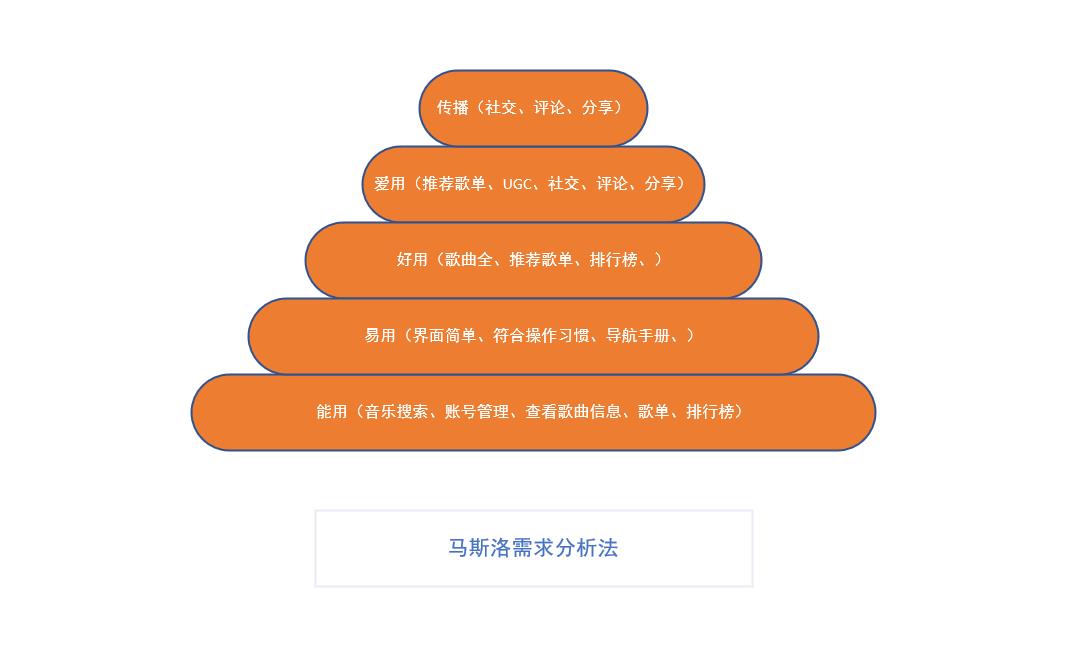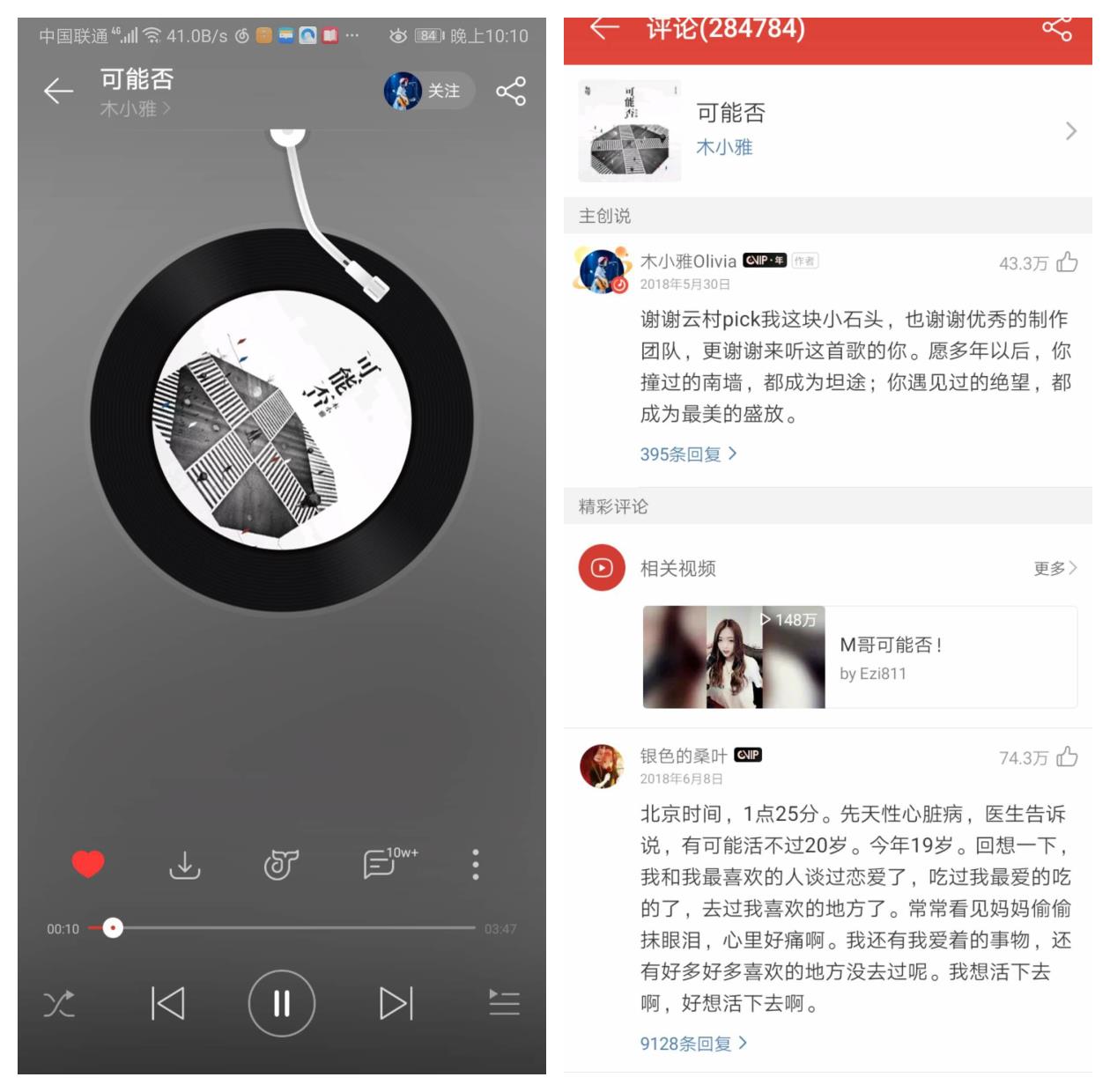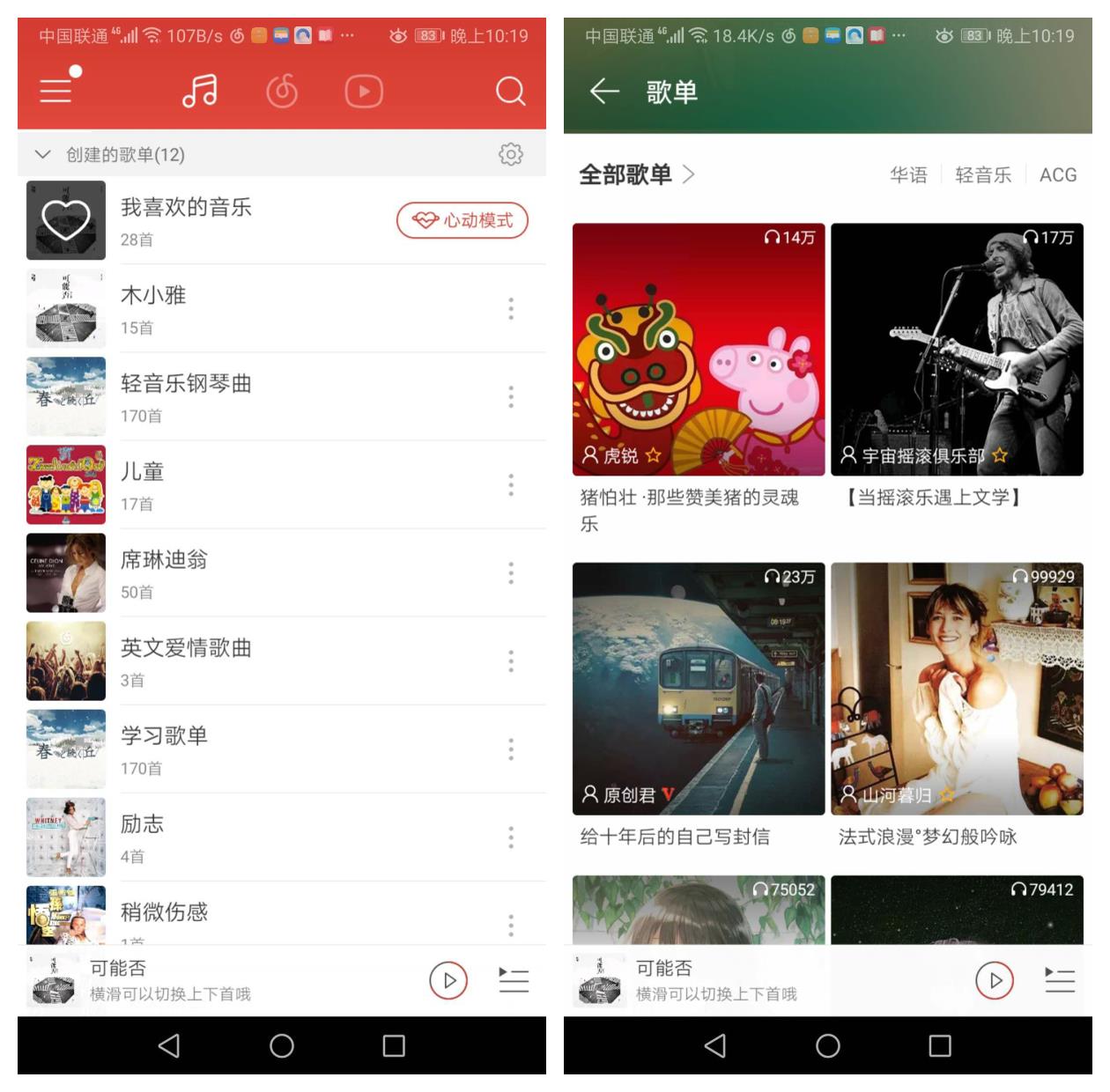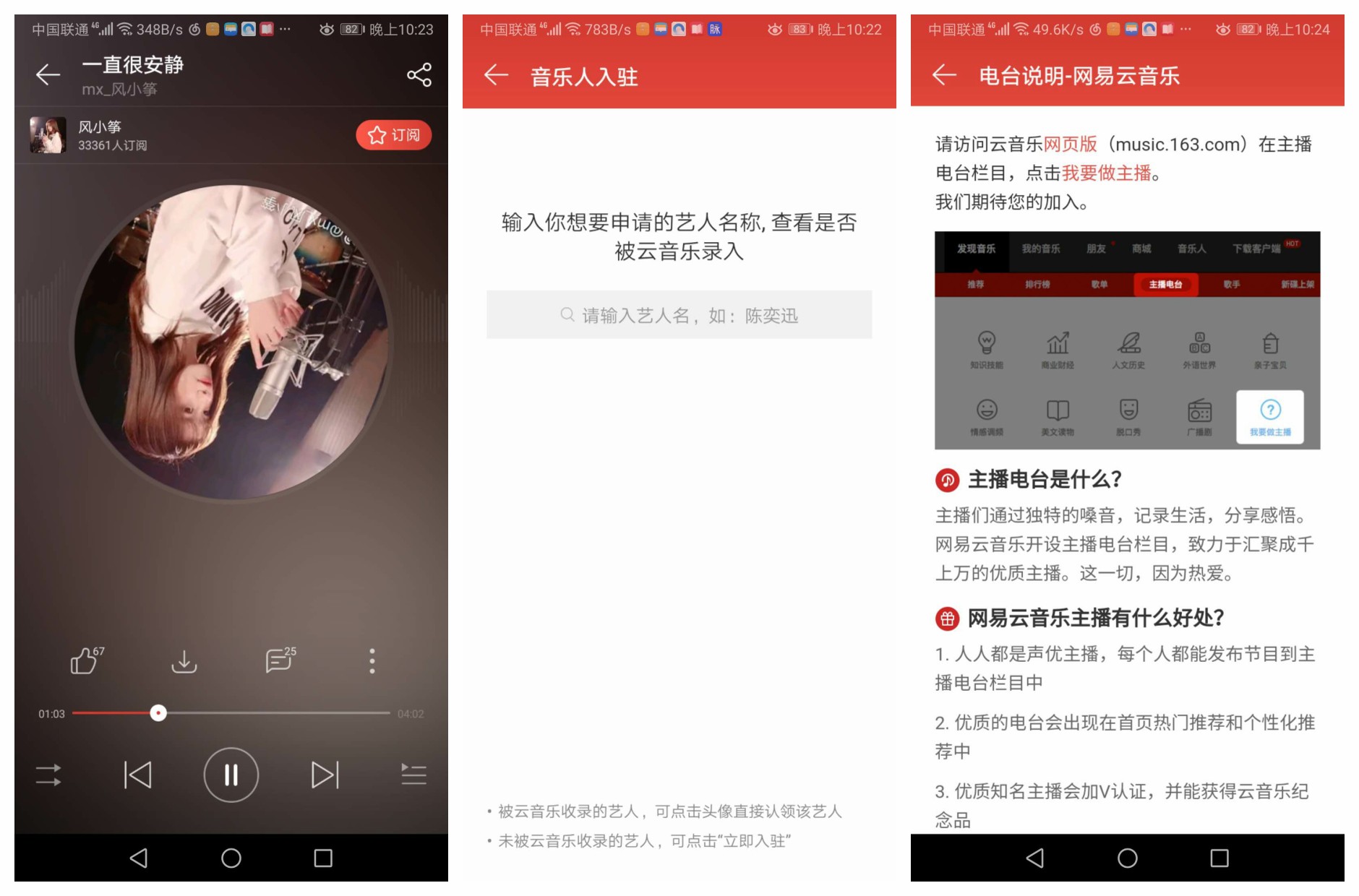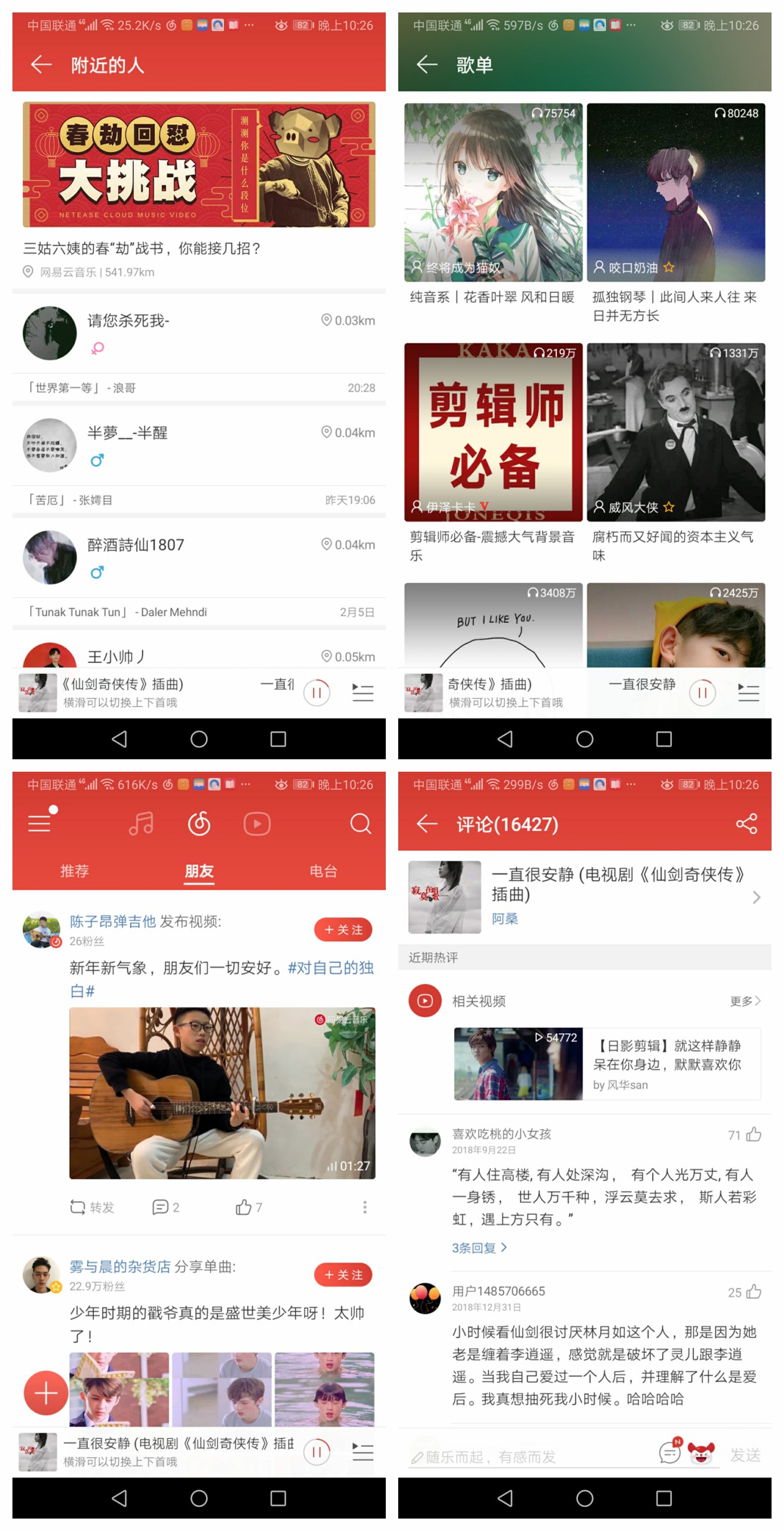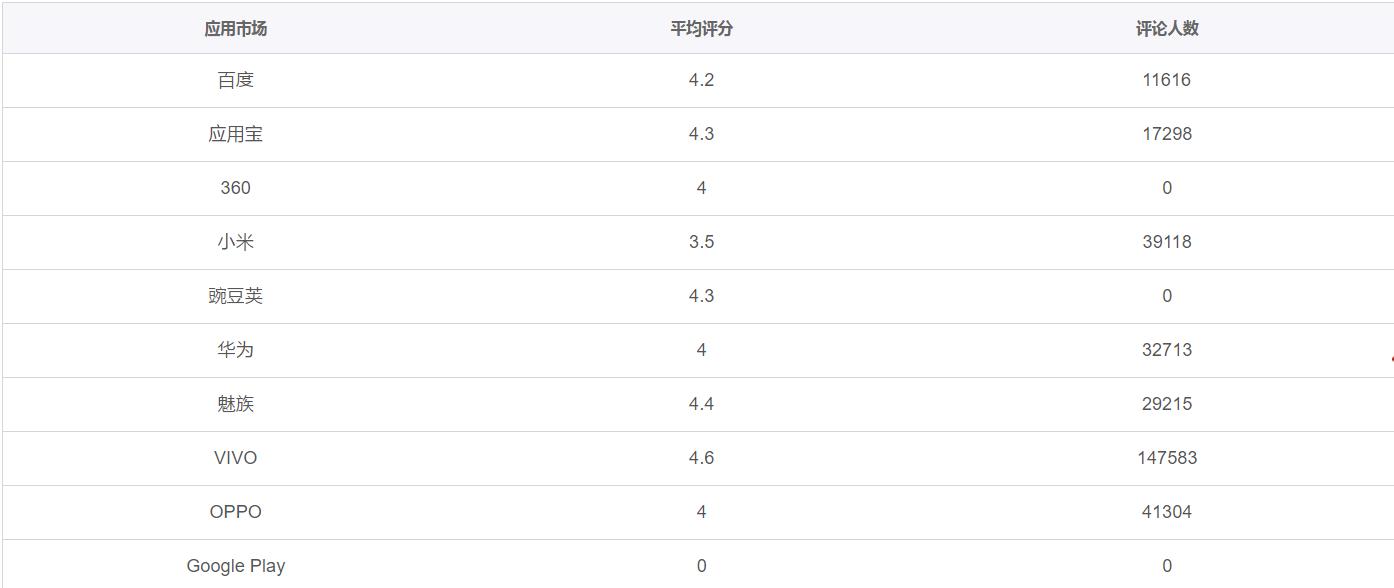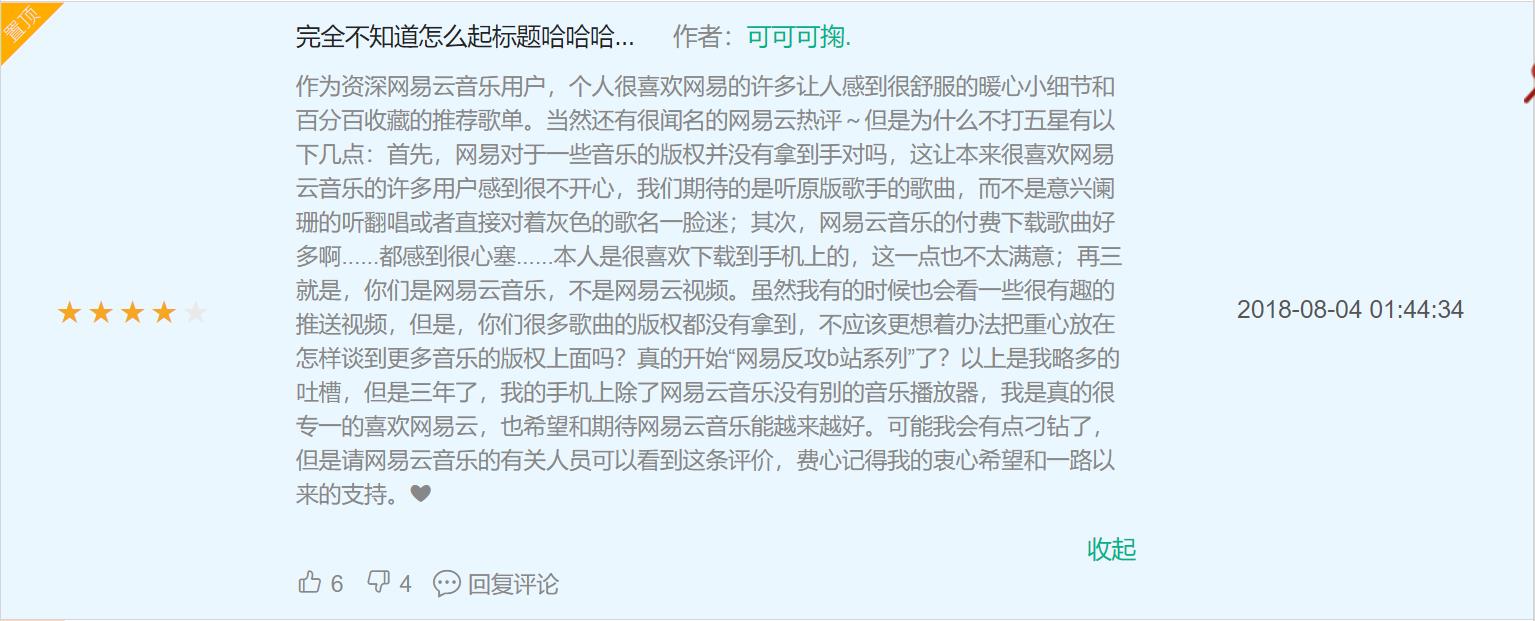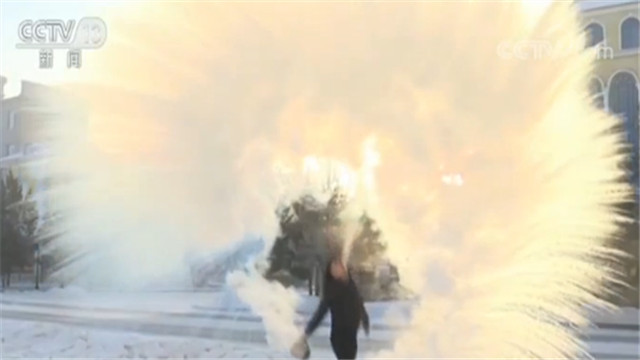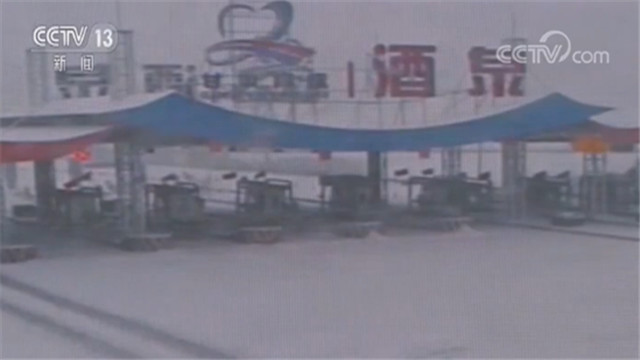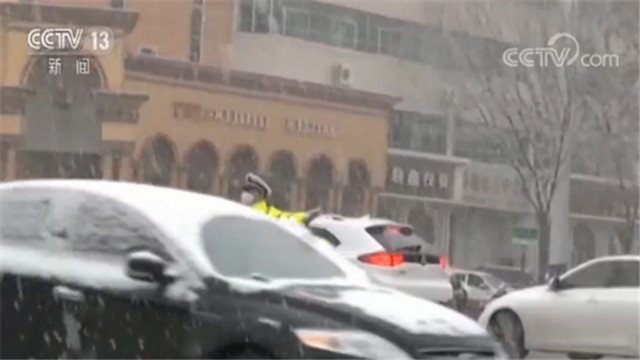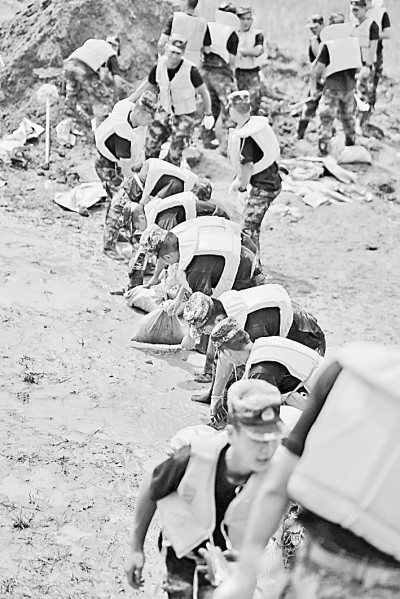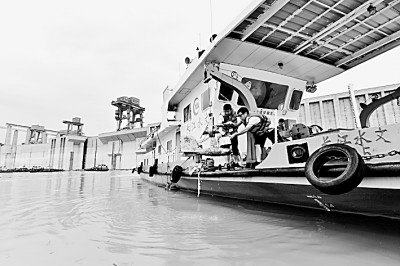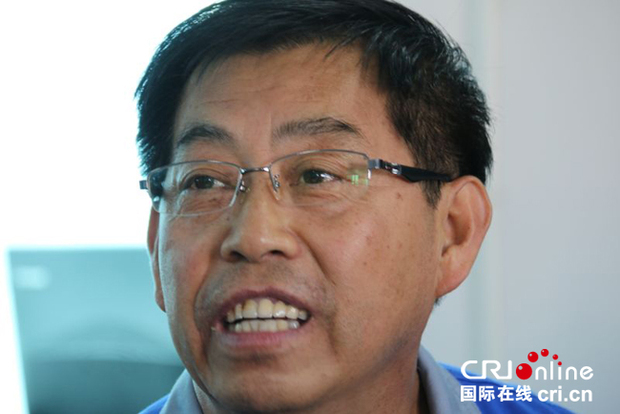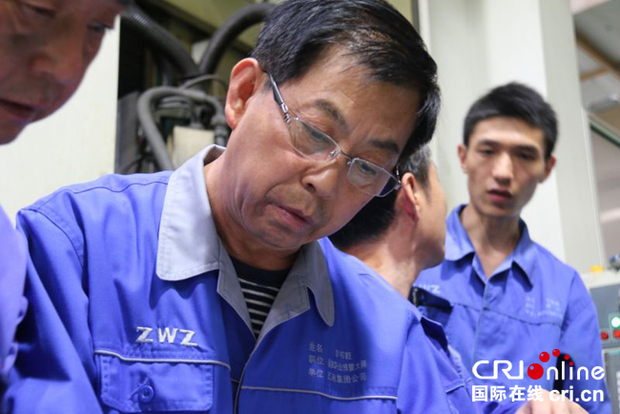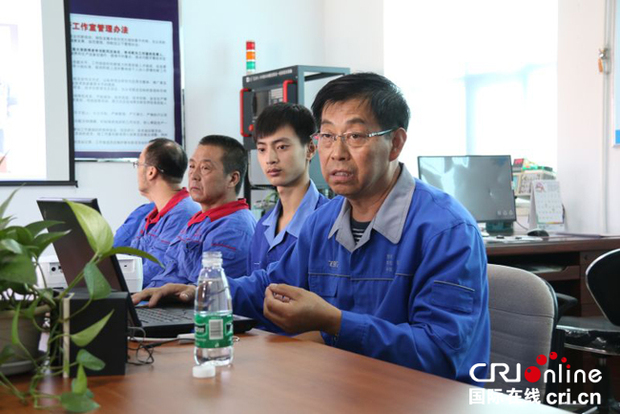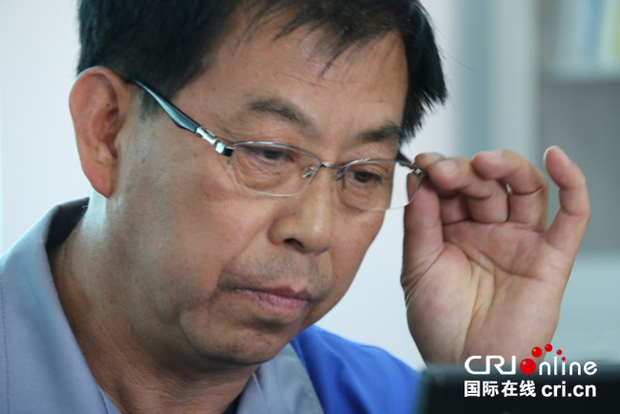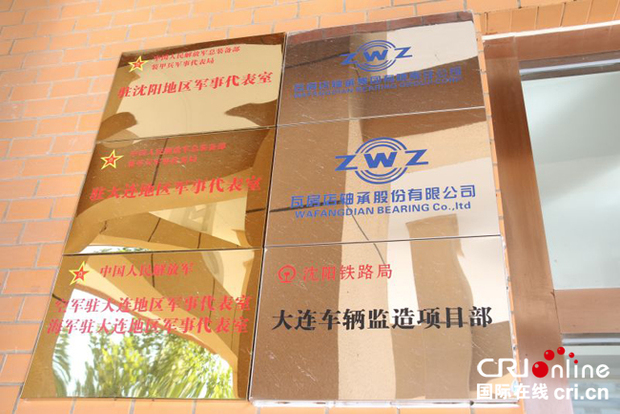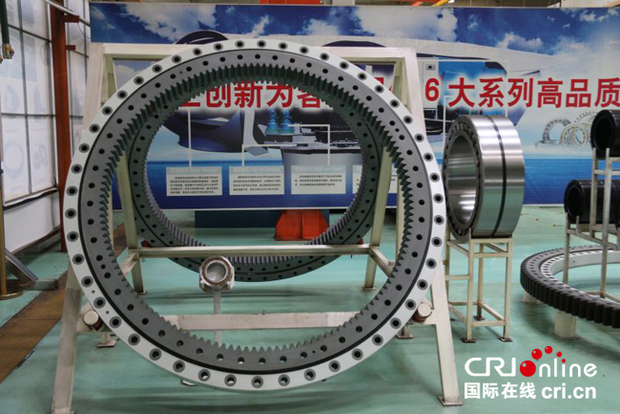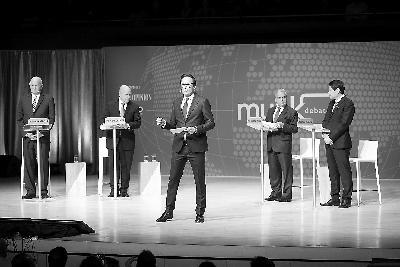
Caption: At the debate scene, two people on the left are the positive Bai Bangrui and McMaster, and on the right are the opposing Ma Kaishuo and Wang Huiyao; In the voting before and after the debate, the opposing side finally won by 2%.
[Special correspondent of Global Times in Canada Lu Ou, special correspondent of Global Times Cao Ming] On the evening of May 9, local time in Toronto, Canada’s famous political debate platform — — "Munk Debates" was held with the theme "Is China a threat to the liberal international order?" The debate on the theme has aroused widespread concern in Canada and the United States. On the one hand, McMaster, former assistant to the President of the United States for national security affairs, and Bai Bangrui, author of "Centennial Marathon" and director of China strategic research at the Hudson Institute in the United States, think that China is a "threat"; on the other hand, Ma Kaishuo, a professor at the National University of Singapore and former rotating chairman of the United Nations Security Council, and Wang Huiyao, founder and director of the China Globalization Think Tank (CCG), refute the former view. There were about 3000 spectators at the scene. Before the debate began, the pros and cons voted, and after the debate, they voted again. Comparing the results of the two votes, the party with increased support rate was the winner. After three hours of heated debate, Ma Kaishuo and Wang Huiyao finally won the debate by a narrow margin.
Through deliberate exaggeration and false accusations, McMaster and Bai Bangrui wantonly attacked my domestic and foreign policies.
As the positive side of this debate, McMaster and Bai Bangrui, who hold the position that "China will threaten the free international order", mainly hold the following views:
First, the West has long pursued a policy of engagement with China, but it has been "cheated" by China. In the past 30 years, based on the assumption that China will not threaten the free international order, but will realize economic and political liberalization, the West has contacted China and invested heavily in it and trained its personnel. However, China is trying to dominate the new international order and rules. When China joined international organizations, it made many promises, but failed to fulfill them. For example, when it joined the World Trade Organization (WTO), it promised to open the market, but then used the market to force foreign companies to transfer technology. It also asked them to support China on issues such as Tibet and Taiwan Province and serve China’s foreign policy. China conducts systematic commercial espionage and steals sensitive technologies and intellectual property rights in key economic sectors and military fields to promote its own economic growth.
Second, China’s "dictatorship" has caused "damage" both at home and abroad. China government uses high-tech means to carry out monitoring, build a "police state", suppress ethnic minorities and religious figures and put them in "concentration camps"; Arrest rights lawyers and scholars and suppress the student movement; Strengthen media and news censorship and carry out anti-western propaganda; The establishment of a "social credit system" is essentially to increase the monitoring of the people in various fields. This system not only damages the freedom of people in China, but also damages the freedom of people in other countries. After Meng Wanzhou was arrested on suspicion of bank fraud, China kidnapped two Canadian citizens. The Communist Party of China (CPC) is exposing its "dictatorship" nature every day, and the people of China are increasingly awakening, hoping to escape from China.
Third, China exported the "dictatorship" model through the Belt and Road Initiative. Thirty-three countries have suffered unsustainable debts due to the Belt and Road Initiative, and eight countries are in deep crisis, including Venezuela, Ecuador, Cambodia and Zimbabwe. China tried to rebuild the historical tributary system and vassal relationship with China, undermine the sovereignty of other countries and challenge the international order. The United States, Canada, Japan, Australia and New Zealand should adhere to the "high" standard, hedge the "Belt and Road" and provide alternative financing options for other countries. China’s export of "dictatorship" mode is not a matter between China and the United States or between China and Canada, but a competition between a free and open society and a dictatorial closed system.
4. China ignores international rules and undermines the free international order. China’s militarization in the South China Sea is aimed at excluding the United States, intimidating regional countries and monopolizing the South China Sea, which violates relevant international laws and rulings of international courts. China’s "National Intelligence Law" requires enterprises to cooperate with the government’s intelligence work and obtain the communication data of the United States and Canada through China Communication Company, which has settled in North America. China’s global communication system poses a threat to data privacy, and any rational government should not allow China to build communication facilities for it. China allowed the export of fentanyl to the United States and Canada, resulting in a large number of deaths in the United States and Canada. The European Commission believes that China is a systemic competitor by pursuing different governance models. China’s neighbors, including Japanese and Indian, also regard China as a threat to the liberal international order. China has increased its defense expenditure and deployed a large number of medium-range missiles without being bound by Intermediate-Range Nuclear Forces Treaty, which has aroused Russian concern. China has also created a crisis of confidence among western countries, making it difficult for them to agree on China.
Ma Kaishuo and Wang Huiyao believe that China is the beneficiary and contributor of the international order, and the United States is the destroyer.
As the other side of the debate, Ma Kaishuo and Wang Huiyao argued and refuted the "China threat theory" with facts. Their arguments are as follows:
1. China is a beneficiary of the liberal international order and does not want to overthrow it. China’s GDP was only 1/10th that of the United States in 1980, but in terms of purchasing power parity, China’s GDP has surpassed that of the United States in 2014. In the past 30 years, China has risen from poverty to the second largest economy in the world, thanks to the free international order. This order has two advantages for China: first, sovereignty, that is, each country can decide its own behavior and future; The second is rules, which determine what can and cannot be done in international affairs. As the world’s largest trading country, if the rules-based international order collapses, China will suffer huge losses, so China has no intention of threatening the free international order. At present, China’s primary concern is to maintain domestic stability and development, not to build new international rules and order. As its strength grows, China’s international influence will inevitably increase, and it hopes to gain more respect. In the past 2000 years, China and India have been the top two economies in the world for the first 1800 years, and the West has only emerged as the leading power in the world in the past 200 years. However, the western countries’ foreign strategic mistakes led to the decline and end of their dominant position. The return and re-emergence of China and India’s strength is a historical necessity, and the West should accept this reality.
Second, the United States is the biggest threat to the free international order. The post-war international order dominated by the west has indeed brought benefits to the world, but the danger of collapse facing this order at present is not "homicide", but the "suicide" of the creator. Ma Kaishuo repeatedly quoted his best-selling book "Did the West Fail?" in the debate. The point of view in ". He once pointed out in his book that the West has made three strategic mistakes in the past 30 years: First, it has treated the Islamic world wrongly. Western military forces led by the United States intervened in the internal affairs of many Islamic countries and underestimated the power of Islamic religion, which caused a strong rebound. Second, after the Cold War, the West was immersed in the joy of "the end of history", blindly arrogant, humiliated Russia, and insisted on promoting NATO’s eastward expansion, which stimulated Russian nationalism and led to the rise of political strongman Putin. Third, it did not respect the principle of sovereignty, extended its hand everywhere, promoted Western-style democracy and freedom in many countries around the world, and instigated the "color revolution", which triggered the resentment of non-Western countries against the hegemony of the United States and the West, and also caused the strength of the West to be overdrawn.
China is willing to accept major international agreements, cooperate with other countries under the framework of the United Nations, make more contributions to the United Nations, and become a key supporter in tackling climate change, WTO reform and other issues. China is the only big country that has not waged war with foreign countries in the past 40 years. China has the military strength to recover the South Island Reef, but it chooses to abide by the "rules of the game". In contrast, the United States undermined the authority of the United Nations, undermined the operation of the International Atomic Energy Agency, withdrew from the Iranian nuclear agreement, obstructed the WTO reform process, and constantly "retired" and became a country that openly opposed multilateralism. From a military point of view, even in the last year of Obama’s term as President of Peace, the United States dropped 26,000 bombs on seven countries. When there was a dispute between Canada and the United States over the legal status of the Arctic Northwest Passage, the Canadian government was busy producing legal evidence and documents to prove that the relevant waters belonged to Canada, but the United States responded by sending destroyers directly to the waters. Many countries took the United States to the international court of justice when they had disputes with the United States, but the United States chose to ignore the relevant rulings. In this way, the United States sets an example for all countries to abide by international law, and at the same time, it constantly accuses China of violating international law.
Large American internet companies like Facebook ignore the rules and often choose the former when weighing profits and protecting users’ privacy. It affected the Brexit referendum and destroyed British democracy by putting lies into user accounts. Therefore, it is very necessary to strengthen supervision. In the free international order, to solve this problem, all countries need to jointly establish multilateral network operating rules, so that big companies such as Facebook and Huawei can act according to the rules. But the first country to oppose this is the United States, because it has the strongest monitoring ability in the world and does not want its own ability to be limited.
Third, the United States should listen more to the voices of the whole world and work with China to safeguard a free international order. There are 7.5 billion people in the world, but only 12% live in western countries, and the rest live in non-western countries. Therefore, the western "one-sided view" can’t completely and objectively reflect China’s real international behavior, but also depends on the views of another 88% of the world’s population. In fact, these people welcome the rise of China and are willing to cooperate with China for mutual benefit. The United States may not join the "Belt and Road Initiative", but many countries are waiting in line to join.
Small and medium-sized countries all want to uphold international law, and international affairs are decided by neutral institutions, not by superpowers unilaterally. As the United States continues to withdraw from multilateral agreements, what other countries need to do is to jointly safeguard multilateral order. If the United States really wants to maintain a free international order, it should show its sincerity to China and its willingness to strengthen the free international order, and set an example as the world’s number one power, instead of exploiting the loopholes of international law for its own self-interest. Ma Kaishuo in "Did the West Fail? It is pointed out that the West should adopt the "3M" strategy in order to achieve strategic extrication: First, it should adopt Minimalism, fight less and interfere in other countries’ affairs with less force; Second, embrace "Multilateralism", accept the fact that western power is declining, understand the ideas of non-western countries, and cooperate with other countries to strengthen the authority of global multilateral organizations and improve their efficiency; Third, the implementation of "Machiavellianism" and the use of "strategic cunning" to protect long-term interests and create a society that can improve people’s well-being. The biggest problem in the west now is that it doesn’t know itself, and it doesn’t realize that its strength is decreasing.
4. Undeniably, China still faces many challenges in improving human rights, but it has made great achievements. Decades ago, people in China had a poor livelihood, and no one even traveled abroad. But now the situation has changed, and the life of China people has greatly improved. Now, there are 134 million outbound tourists every year. However, western countries always look at problems with "black and white" thinking. American human rights standards are indeed higher than China’s, but this does not mean that American society is progressing and China society is regressing. In fact, in the past 30 years, the United States is the only major developed economy where the average income of low-income groups has declined. Two-thirds of American families can’t afford $500 in emergency cash. The United States is also the first developed country to use torture to extract confessions again. Look at Guantanamo.
The great debate about China is an intuitive embodiment of the repositioning of the rising China in the West.
This debate reflects that major western countries such as the United States and Canada are paying close attention to China’s role and future direction as China’s strength approaches the United States and is poised to surpass it. The debate about China in the whole society is an intuitive embodiment of its repositioning of the rising China, and it is expected that there may be similar debates in the future. At the same time, it also reflects the following specific trends:
First, the United States and its major western allies still have a high degree of consensus on the issue of "China threat". Before the debate, the audience voted that the proportion of "China is a threat to the free international order" reached 76%, while that of "is a threat to the free international order" reached 24%, reflecting that the "China threat theory" still has a high degree of identity in Canada and other major US allies. Most of the viewpoints in the debate between McMaster and Bai Bangrui are deliberately exaggerated and false accusations, which shows that the sense of urgency and anxiety in the US strategic community is rising with the narrowing of the strength gap between China and the United States and the expansion of strategic competition. Any move by China to develop its strength, even if it was not intended to be directed at the United States, was regarded as a threat by the United States strategically. For this reason, McMaster and his wife tried their best to play up China’s threat and damage to Canada, divide and alienate China-Canada relations, hold and consolidate the western United front, and rally around me.
Second, Canada and other medium-sized countries have a rising sense of confusion in the current evolution of the international structure. At present, the relationship between Canada and China has fallen into a trough because of the Meng Wanzhou case, and at the same time, differences with the United States have increased on many issues such as economy, trade and diplomacy. Canadian society and academic circles hope to clarify Canada’s position and direction in the future international structure through such big debates. With the intensification of the strategic game between China and the United States, there may be more middle-power countries facing the dilemma of whether and how to choose sides between China and the United States, and the debate on the game between China and China and the United States will further heat up.
Third, there is still room for public diplomacy and public opinion guidance. Ma Kaishuo’s point of view is supported by both strategic analysis and specific figures, which has had a positive impact on the audience. After the debate, the proportion of the audience who thought that "China is not a threat to the free international order" rose from 24% to 26%.
